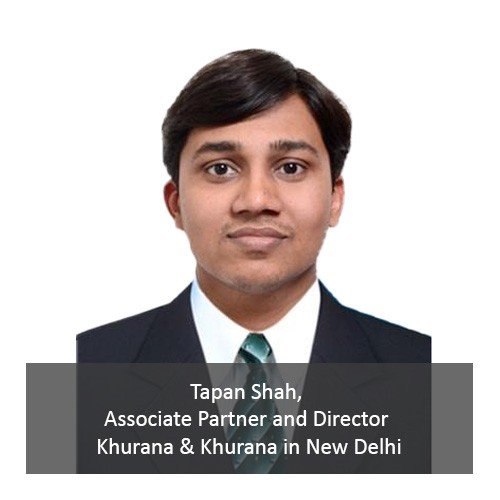Entresto patent restoration in India raises questions about pre-grant opposition – IP attorney
21 February 2023

In January 2023, the Delhi High Court restored Entresto (sacubitril/valsartan) patent in India just days after it previously disallowed the patent order for the chronic heart failure drug.

“We believe that the instant case highlights several notable facts and raises major questions as to the broad policy framework and practices before the patent office with regards the pre-grant opposition,” said Tapan Shah, associate partner and director at Khurana & Khurana in New Delhi.
Novartis, maker of the fixed dose combination medication, secured the patent on December 14, 2022. The patent was supposed to expire on January 16, 2023.
Indian multinational Natco Pharma had filed a writ petition against the grant of the patent, reasoning there were irregularities in the procedure undertaken and a violation of principles of natural justice.
A notice for hearing was sent to Novartis, and not to Natco, by the Assistant Controller of Patents & Designs on November 25, 2022. On December 14, the Swiss pharma company filed submissions before the Assistant Controller. On the same day, the patent order was passed.
As reported by an article in Medical Dialogues, Novartis counsel Gopal Subramanium cited an “erroneous interpretation of Rule 55” in Judge Hari Shankar’s finding of violation of principle of natural justice. According to Subramanium, Rule 55 merely states the procedure for disposal of pre-grant opposition as embodied in Patents Act, 1970 Section 25(1). Meanwhile, Sections 14 and 15 state the procedure for examination of patent applications.
“In the pre-grant opposition proceedings, in view of the recent decisions of Hon’ble High Court and IPAB and several other recent orders of the Patent Office, a burden to prove locus standi and/or interest is cast on the pre-grant opponent in the name of preventing consideration of Benami Oppositions - against the wordings of S. 25(1) allowing ‘any person’ to file a representation,” Shah explained.
“The patent office also typically expects the pre-grant opponent to file evidence such as filing of expert affidavit to prove his contentions, while on the other hand the applicant often resorts to shun the pre-grant opposition proceedings by requesting a separate S. 14/15 hearing, post completion of the pre-grant opposition hearing, to persuade the Controller into granting a patent, keeping the opponent effectively out of the final decision-making process,” he added.
“We believe that the instant decision on the interpretation on Rule 55 may pave a way as to understanding what is to be expected from pre-grant opposition proceedings. Are the pre-grant opposition proceedings before the Indian Patent Office a mere aid in the examination to the Controller/Examiner, wherein the opponent is neither expected to prove his locus standi nor expected to strictly bear the burden of filing evidence? Or, are the pre-grant opposition proceedings to be construed and treated as inter-parte proceedings?” Shah noted.
- Espie Angelica A. de Leon






